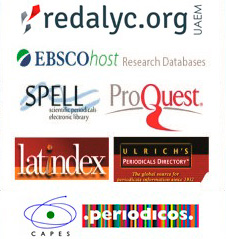ORGANIZATIONAL SKILLS AND DYNAMIC CAPABILITIES: A DISCUSSION OF THE DIFFERENCES BETWEEN THEM
DOI:
https://doi.org/10.14210/alcance.v23n1.p067-080Keywords:
Organizational Competence. Dynamic Capability. Strategic Adjustment.Abstract
This theoretical essay aims to demonstrate the differences between organizational competence and dynamic capability, using the conceptual framework of the process of continuous strategic adjustment as a backdrop to explore and illustrate these differences. It presents the theoretical context, exploring the model developed in the 1970s by Miles et al. which focuses on the existence of the process of continuous adjustment which, through the articulation of internal mechanisms, enables the organization to adapt to the strategic decisions made by its chief executive in response to the challenges and opportunities presented by its environment. This theoretical discussion addresses the differences between organizational competences and dynamic capabilities through their influence on the strategic adjustment process from three perspectives: (1) strategic role; (2) functionality, and (3) temporality. It shows that organizational competence includes capabilities and resources, and takes longer to adjust to the strategic process due to its sustainability function. Meanwhile, dynamic capabilities create, adjust and reconfigures internal resources and adjust more rapidly to the process, as they seek to reconfigure those processes. Based on this theoretical debate, it is suggested that these elements influence the process of ongoing strategic adjustment in different ways.Downloads
Published
2016-05-11
Issue
Section
CHAMADA ESPECIAL: CAPACIDADES DINÂMICAS E INOVAÇÃO NAS ORGANIZAÇÕES (ENCERRADA)


